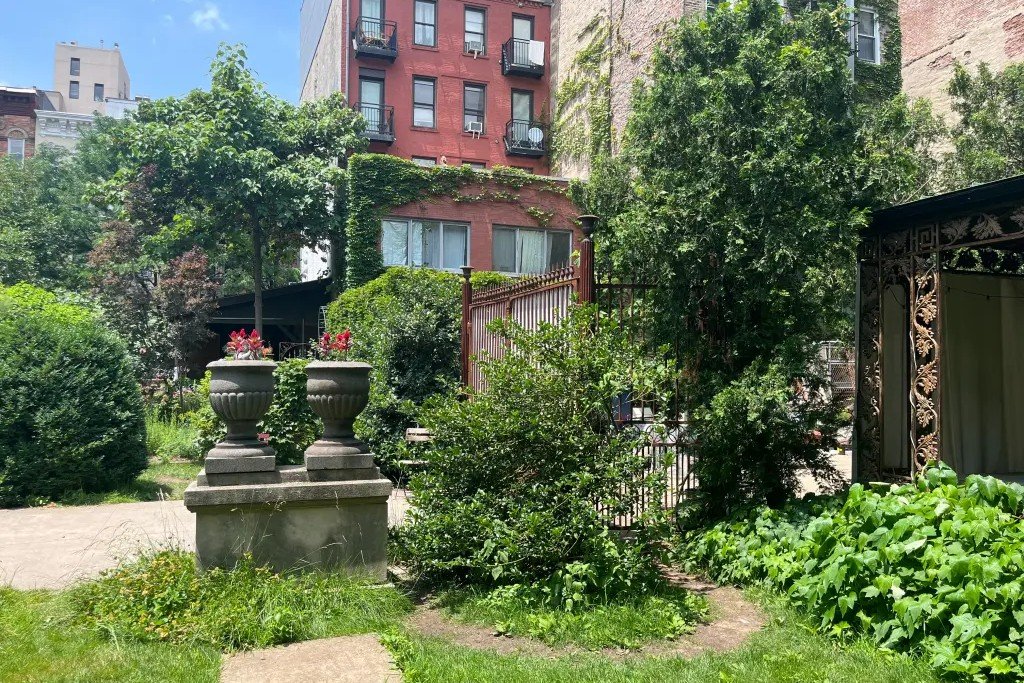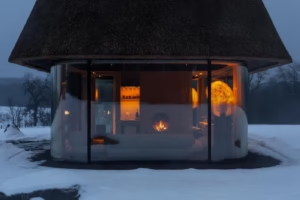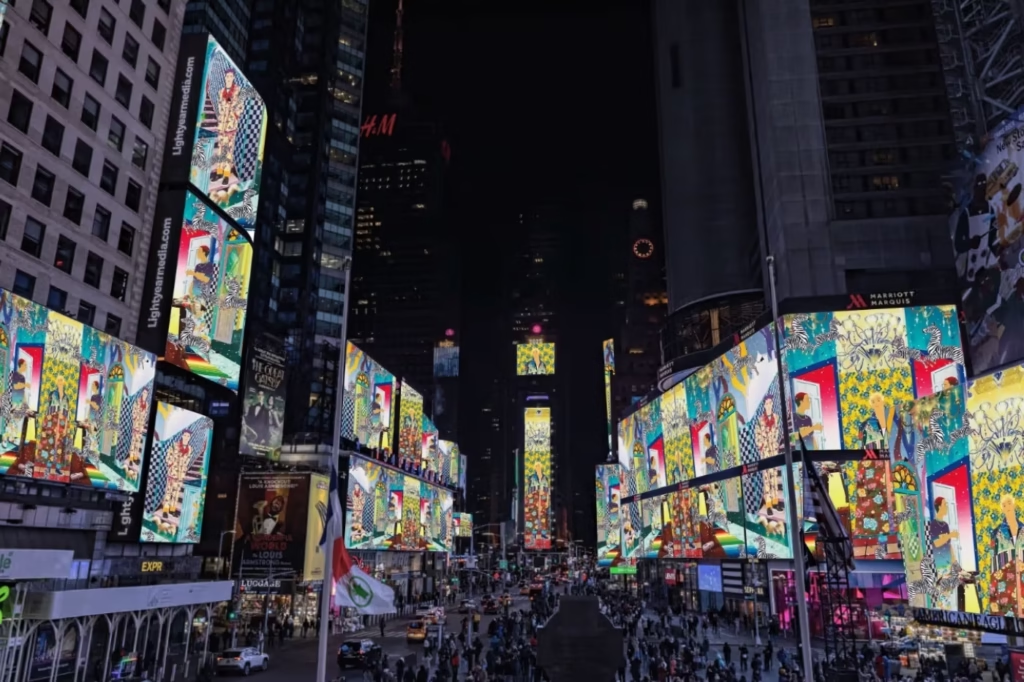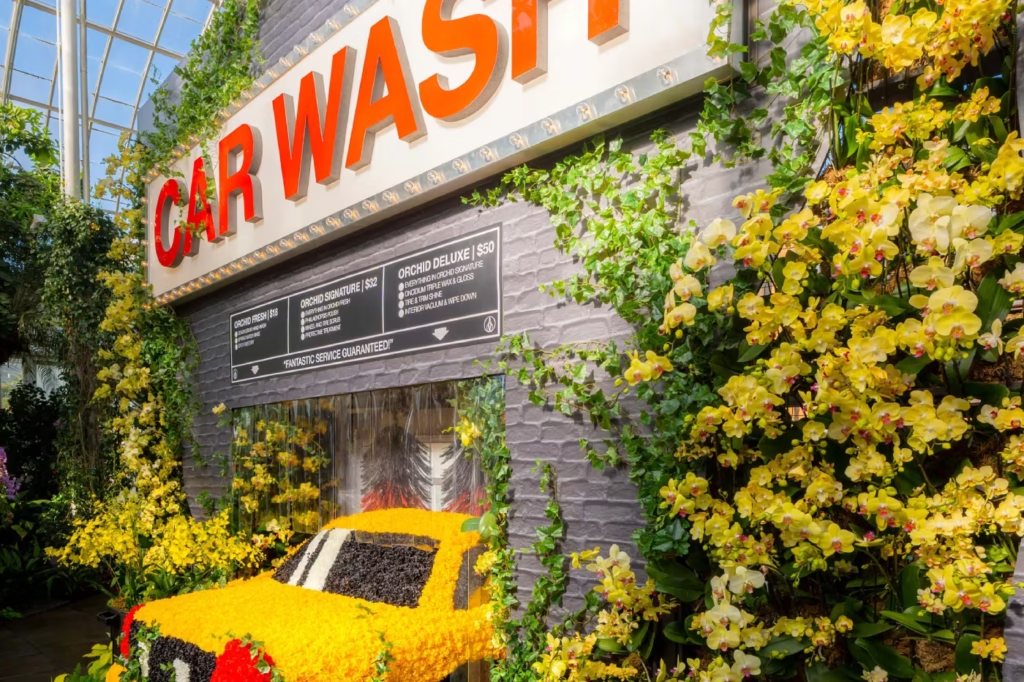A New Plan, a Bigger Impact
The City of New York has officially dropped its controversial plan to replace the garden with an affordable senior housing development known as Haven Green. Instead, the city will rezone three nearby sites—156-166 Bowery, 100 Gold Street, and 22 Suffolk Street—to create 620 units of affordable housing, more than five times what was originally proposed at the garden site.
Mayor Eric Adams praised the solution as a “common sense” approach that balances the need for more housing with the preservation of cherished green space.
A Grassroots Effort Years in the Making
The fight to save the Elizabeth Street Garden dates back to 2012, when the city quietly transferred the lot to the NYC Housing Authority with plans to build housing. But the community quickly mobilized. Volunteers, local leaders, and high-profile supporters like Martin Scorsese, Patti Smith, and Robert De Niro championed the garden’s cause, highlighting its cultural, environmental, and communal value.
Council Member Christopher Marte—once a garden volunteer—was instrumental in the final agreement. “Now we will have hundreds of new neighbors… all while saving a beloved community garden,” he said.
A Living Legacy
The garden owes much of its beauty and spirit to the late Allan Reiver, who transformed the lot from a neglected space into a lush haven filled with antique sculptures and architectural fragments. His son, Joseph Reiver, continued the stewardship after Allan’s passing in 2021. In an emotional note to supporters, Joseph wrote, “Elizabeth Street Garden is saved.”
He reflected on the surreal nature of its survival:
“That a place like this exists in the middle of Manhattan is surreal—a gift whose potential loss was always a guiding reminder of gratitude.”
Not Everyone Is on Board
While many are celebrating the decision, critics argue that abandoning the Haven Green plan delays urgently needed affordable housing. Housing advocates, including former deputy mayor Alicia Glen and nonprofit leaders, have called the move a setback during a housing crisis. They warn that the alternative sites still need to undergo complex rezoning before development can begin.
What’s Next for the Garden?
The garden’s future appears brighter—but not fully secure. The city has reserved the right to revisit housing on the site if the alternate developments don’t materialize. Advocates are now pushing for permanent protections, including listing the garden in the National Register of Historic Places.
Operating hours are set to expand from 8 a.m. to 8 p.m. daily, though details about lease terms and long-term management remain unclear.
A Model for Future Preservation?
The Elizabeth Street Garden case could set a precedent for how community gardens are valued and protected citywide. As Joseph Reiver put it:
“The value of community gardens goes far beyond what can be easily measured. They encompass wellness, resilience, and connection in ways quantification never fully seems to capture.”













